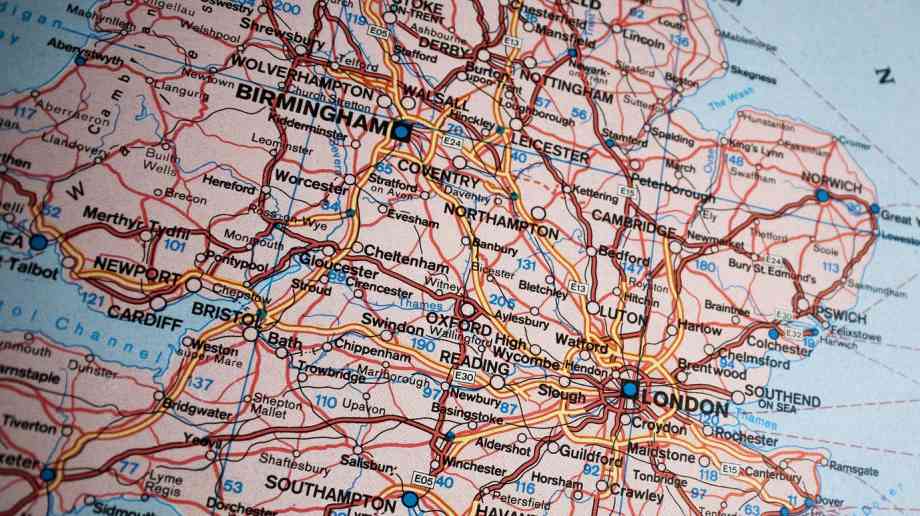Sue Robb of 4Children talks to Julie Laughton and Alison Britton from the Department for Education about the role of childminders in delivering the 30 hours free entitlement.
Child poverty has risen in the Midlands and North

New research by the End Child Poverty coalition has shown that child poverty has risen most sharply in parts of the Midlands and Northern towns and cities in the past four years.
The campaign says that the findings highlight the scale of the challenge faced by government if it is to realise its ambition to build back better and level up opportunities for children across the UK.
The research shows that, before the pandemic, in some parts of the country the majority of children were growing up in poverty, once housing costs are taken into account. The greatest concentrations of children living in poverty are in London, with London boroughs and parts of Birmingham dominating the list of local authorities where child poverty is highest. In a dozen constituencies in London and Birmingham, more than half the children are living below the poverty line.
However, the research also shows that the problem is not confined to the UK’s two largest cities. In the last four years, child poverty has risen fastest in parts of the Midlands and Northern towns and cities. Middlesbrough and parts of Tyneside have seen child poverty rates soar by over 10 percentage points since 2014/15.
The impact of poverty on children is well documented with children from low income families more likely to experience worse physical and mental health; do less well in school; and have fewer opportunities in the future. The coalition is calling on the government to recognise the scale of the problem and its impact on children’s lives, urging the ministers to set out an ambitious plan to tackle child poverty encompassing not only social security spending but the high cost of housing and childcare and investment in children’s services.
Among their recommendations, the coalition is calling for an uprating of housing assistance in line with inflation, an end to the benefit cap and the two-child limit on benefits and for the government to retain the £20 uplift in Universal Credit introduced at the start of the pandemic.
Anna Feuchtwang, chair of End Child Poverty, said: “The government can be in no doubt about the challenge it faces if it is serious about ‘levelling up’ disadvantaged parts of the country. This new data reveals the true extent of the hardship experienced by families on low incomes – the overwhelming majority of which were working households before the pandemic. The children affected are on a cliff edge, and the pandemic will only sweep them further into danger.
“The Prime Minister must urgently admit to the true extent of child poverty in our country rather than resorting to his own inaccurate statistics. An ambitious plan to put this shameful situation right would be transformational for millions of children. As a matter of urgency we are calling on the Chancellor not to go ahead with planned cuts to Universal Credit which would see families lose out on £1000 a year. Given today’s data, this cut is unconscionable.”
Company Focus
Just Lanyards is a subsidiary name of Gifts 2 Impress Limited, who have been trading for over 25 years, we therefore pride ourselves in having endless experience covering all aspects of the promotional merchandise industry.
Event Diary
UKREiiF has quickly become a must-attend in the industry calendar for Government departments and local authorities.
The multi-award-winning UK Construction Week (UKCW), is the UK’s biggest trade event for the built environment that connects the whole supply chain to be the catalyst for growth and positive change in the industry.
Supplier Profiles
Geo Energy
At GeoEnergy Design, we're on a mission to disrupt the traditional way heating and cooling ha
Latest Features
Professor Harith Alani, director of the Knowledge Management Institute at the Open University explains how AI can be used for good and bad.
Alex Lawrence, head of health & social care, techUK sets out techUK’s Five Point Plan for CareTech.

















